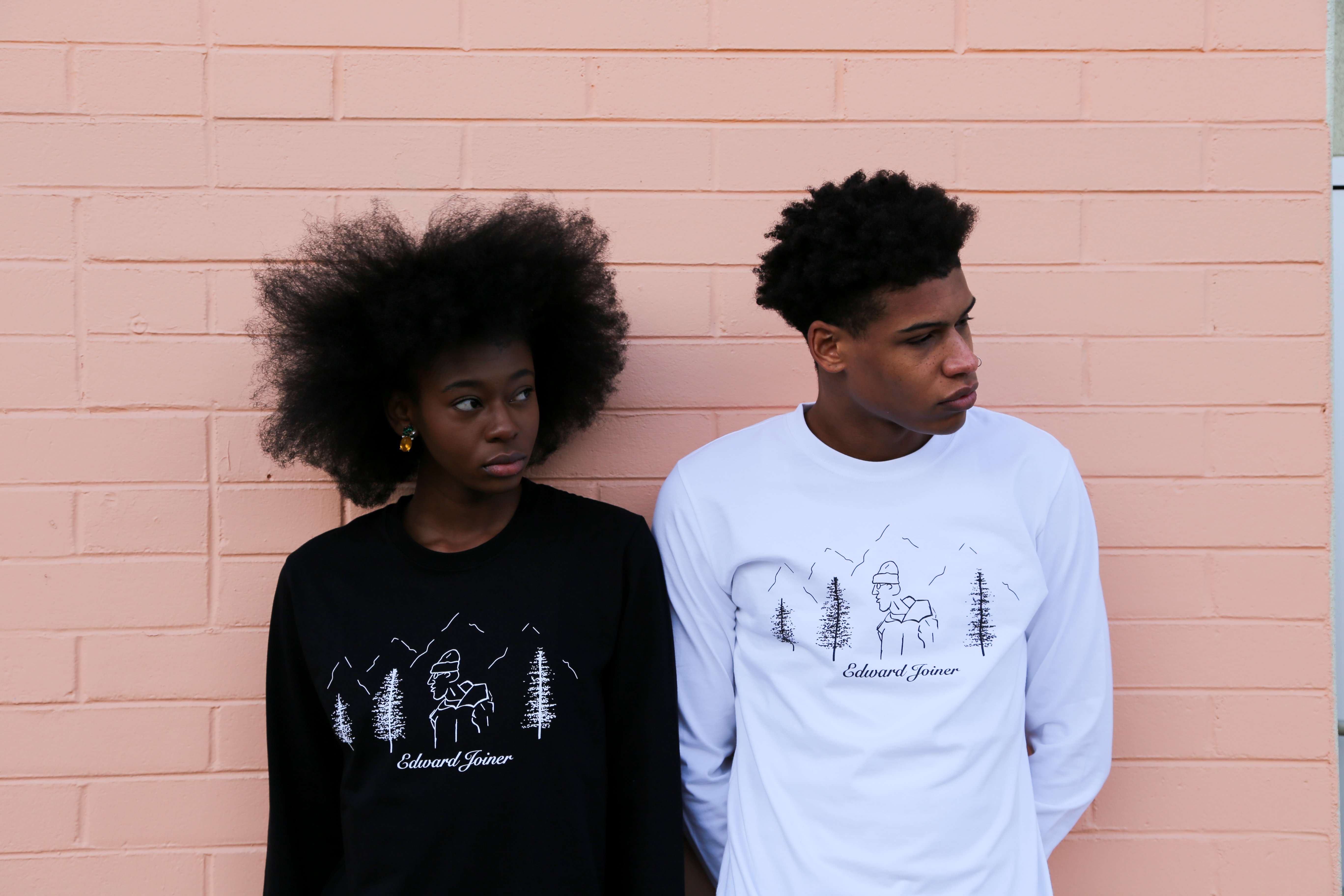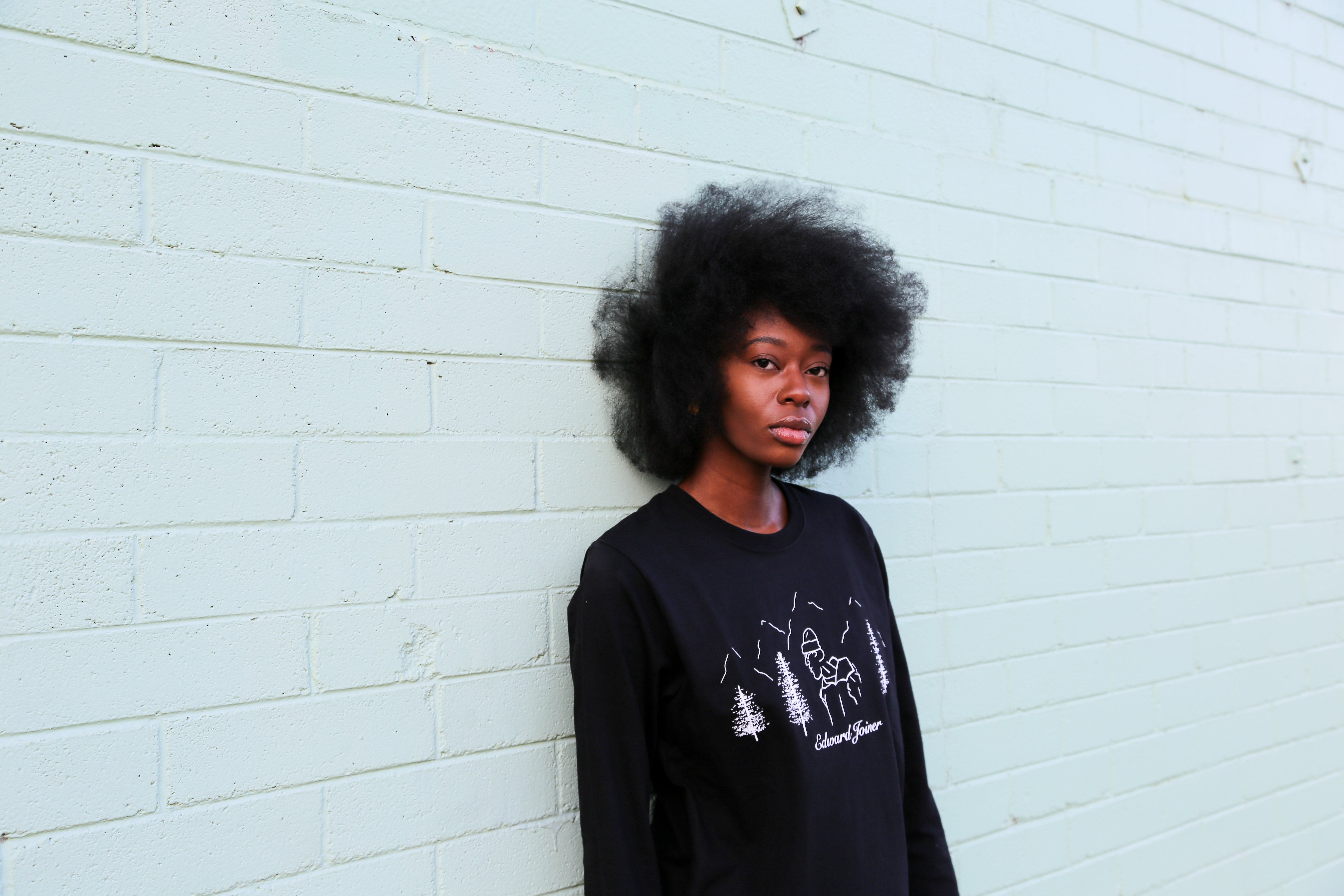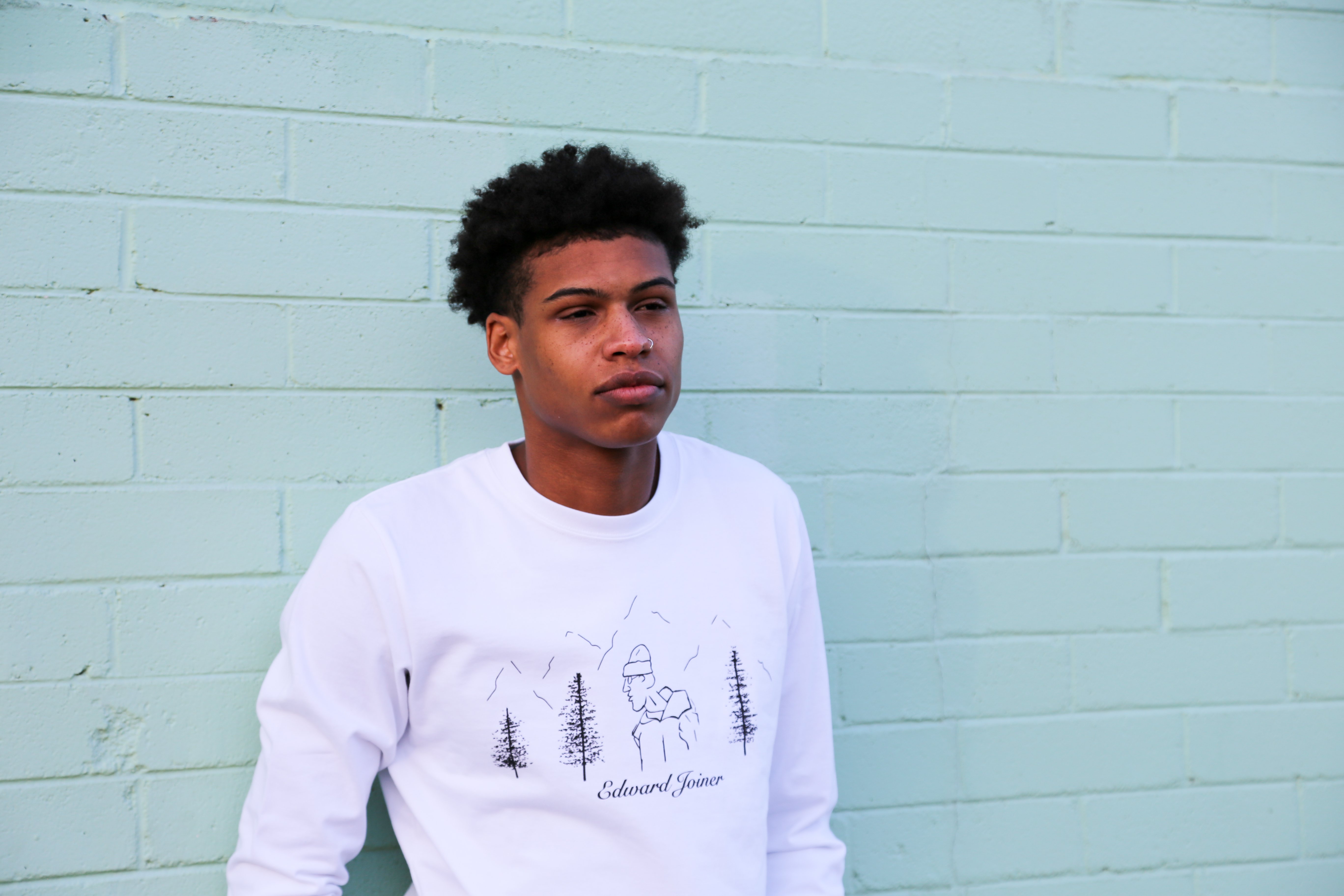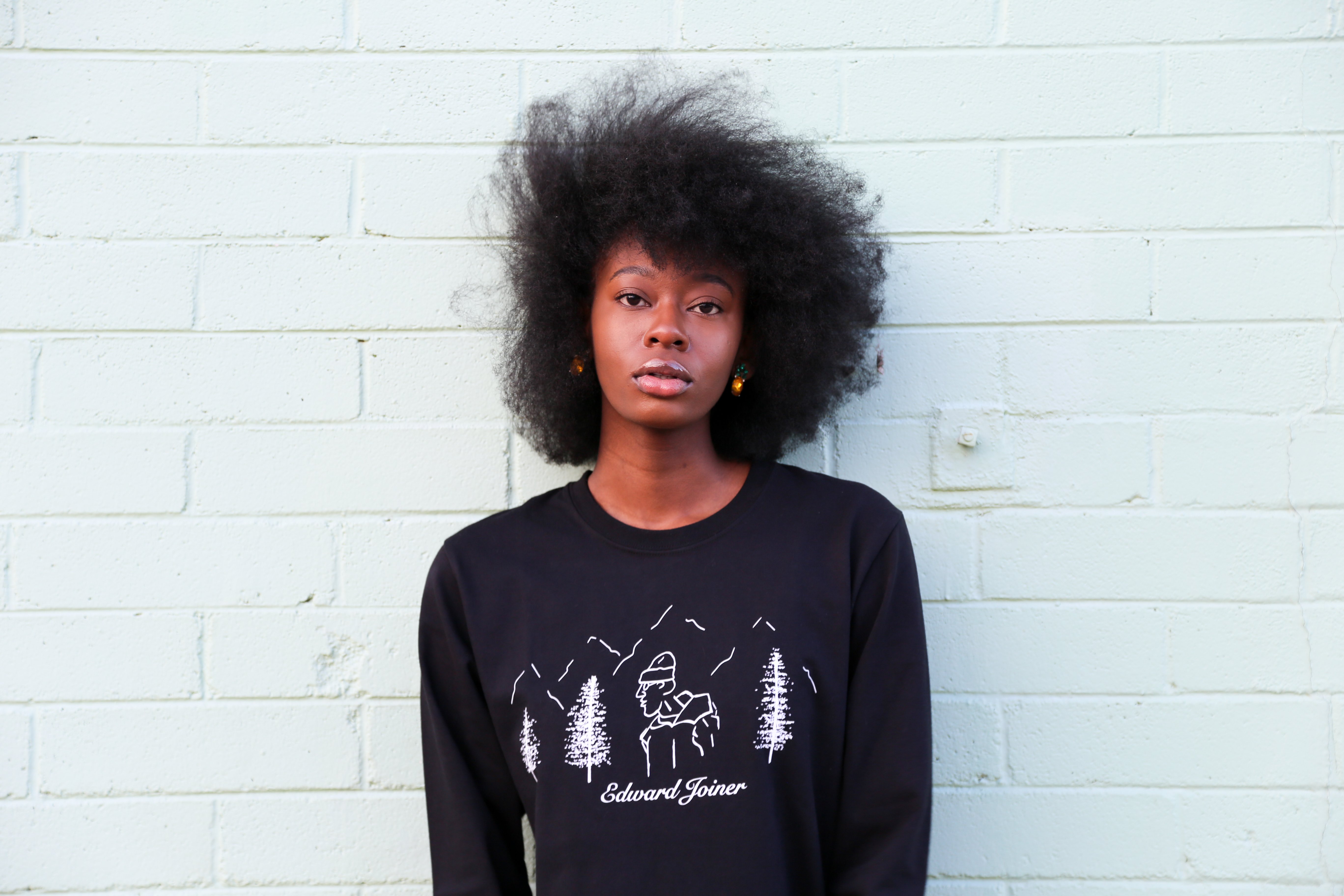"One of the things I should definitely mention is you have to be passionate about whatever you're doing. There's no way in hell I could do what I do without the a certain level of passion and desire to just do this every day, like I love doing what I do."
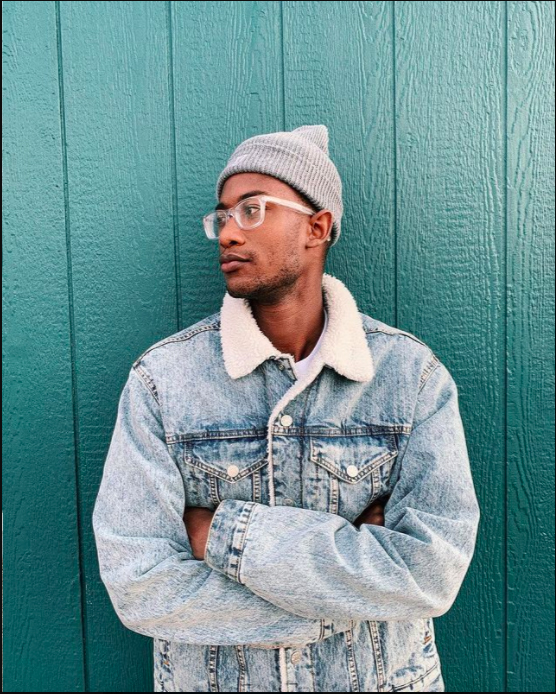
Drew Joiner is brand owner and creative director for Edward Joiner, a lifestyle brand whose goal is to bring customers an “elevated level of simplicity, sustainability, and comfortably in its fabrics and designs.”
Along with operating Edward Joiner, Drew also runs a weekly podcast titled the Beyond the Garment Podcast and a youtube channel with videos that consist of vlogs, fashion videos, tips for social media growth, as well as general life advice content.
Edward Joiner was founded last year in February 2020 and immediately had to tackle obstaclesas a result of COVID-19. With the pandemic picking up steam and graduation on the horizon, Joiner was put into the difficult position of trying to not only create a brand, but grow one amidst global industry delays. To learn more about Drew’s journey, his commitment to sustainability, his hopes for the future of Edward Joiner, and ways on how to start your own creative endeavors, continue reading for our interview below:
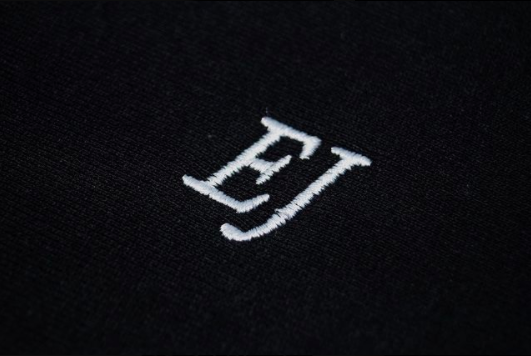
I know we're still in a pandemic, but what would you say your day to day looks like right now?
Right now, day to day, I work pretty much all day. The last couple of weeks in the month of March have been pretty busy. And so usually, you know, I wake up, I kind of, you know, make sure I get my morning routine and brush my teeth. Just have a little bit of mindfulness before I start my my work.
And then I have, I always have tasks that I write down the night before. And then I just kind of do those tasks, whether it be publishing articles getting content out for social media planning, future drops. It's been a fun March because of how busy it's been. But it's also been a little bit stressful. I'm feeling the wares of it, because my neck is getting tired from just sitting at the computer for as long as I've been sitting at it.
But yeah, I think, you know, each day is filled with something a little bit different too. Whether it be like I said, designing, or whether it be creating content, or you know, talking to different individuals who maybe want to be on our podcasts, we also have a podcast as well. So every every day is is kind of fresh and new day. It's a lot of fun.
Are you currently full time Edward Joiner and content creation?
Full time Edward Joiner, and content creation. Right now I have a wonderful opportunity to do so. With the pandemic and just with where I'm at in my life I just dedicated my entire life to right now.
What got you into fashion in general? Was it something during your childhood, or was it something that kind of came up through your teenage years?
It wasn't like an immediate kind of love with fashion. I grew up playing basketball, I was always a Hooper. So I love playing basketball. I played it for as long as I could play and in college basketball played division one. But in between playing division one as I got older, I would say probably my junior and senior year, I started to care more about how I looked. Obviously, as you get older, you tend to do those kind of things.
You know, when I was a freshman and sophomore in college, I, you know, started to take a bigger interest into sneakers and sneakers is really my entry point for fashion. It's kind of where it all starts for me. And there's probably a ton of reasons why it's sneakers, from you know, when you play basketball, like obviously, the sneaker culture in basketball is interesting. It's a little bit different than like a lifestyle sneaker, but like sneakers still play a huge role in you know, aesthetics on a basketball court, even though a basketball sneakers is for functionality as well.
But I always, you know, when I looked at other players, maybe it was like Kobe Bryant, or you know, LeBron James, they had their signature line of sneakers. And so it was always interesting how they kind of wore their sneakers that were designed interesting, right, like, you have Kobe's Grinch thing nines or sixes or I can't remember the name. But anyways, like a green color kind of shoe that he wore for the Lakers for Christmas Day.
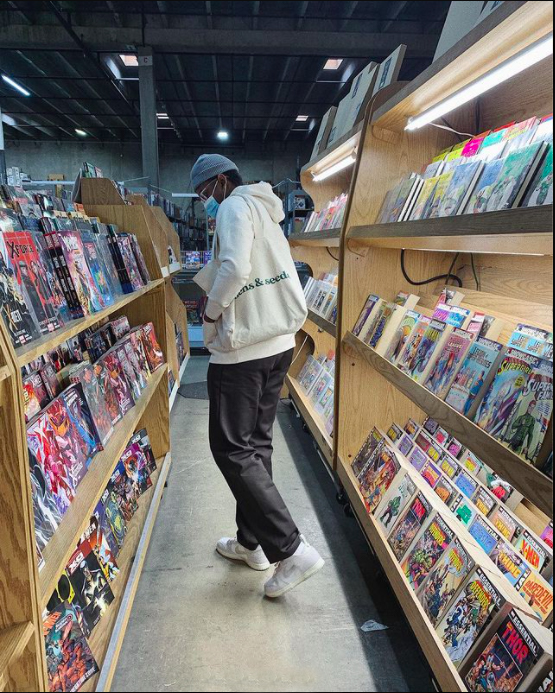

What made you say, I want to start a brand specifically and then how did the content creation comes into play?
I've always wanted to make an impact on my community and people around me. The decision to start my own business is, it's kind of an interesting one, because I knew that you know, I wanted to have something on my own right after I graduated college. And I didn't want to live my life with the regret of not starting something even if I wasn't the best at it. I'm not a fashion designer, I wasn't very good at graphic design, and I'm not a great artist. But I wanted to at least try and see whether or not I could do it. Right, I have this interest, I have this, this love this burning passion for it. I want to you know, try to see if I can do what other people have been able to do in fashion. Start their own brand, and, you know, impact the lives of people around them. So for me, it's just something inside me that told me you know, start this start a brand and create content pertaining to the things that you love. And then sprinkle in, you know, what really is at your core, which is, you know, empowering others bringing positivity, sustainability and things like that to the forefront of the brand.
Also, you know, being able to be my own boss is something that I've always had a gut feeling of. I just can't explain that there's something I've always wanted to do. That's something that I've always wanted to do is to, you know, be able to be the master of my own fate, in a sense, and work as hard as I can for something to hopefully see, you know, the outcome of it.
In terms of the content, man. I think content is king. In the current day and age we live in. So much of what we do is consume content on a day to day basis, whether we choose to or not. And, you know, as a business that lives online, a good online presence is needed to operate in the modern era. I just think that content is the number one thing that you can do to help boost the visibility of your business to help boost the visibility of your message help boost the visibility of whatever you're trying to do in the world. Right. And so the content for us includes, you know, obviously posting on social includes podcast includes creating a YouTube content. If I had a larger team, I would literally be doing content everywhere and I try to do content everywhere. What I mean by everywhere is like Facebook, Instagram, LinkedIn, Twitter, Pinterest, Tik-Tok, etc.
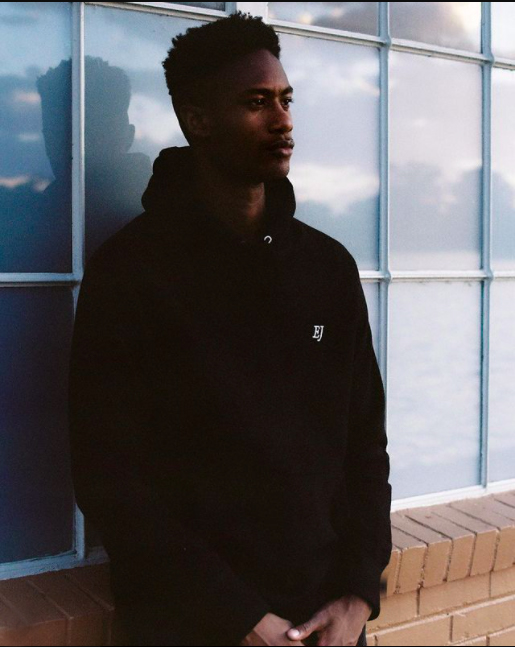
So with your content, and Edward Joiner, what would you say is your overall brand message? Or what do you want to convey with your content and the products that you produce?
I think we have a couple pillars that I definitely want people to know about what we’re doing. I want them to know that we create quality products. Quality is always going to be at the forefront of everything we do. Just because I, I always appreciate quality, I always appreciate things that are done well. And I try to do things well with the brand.
Sustainability is always going to be a huge one, pushing the needle forward educating others about what it means to be sustainable pushing ourselves to be the most sustainable we can be because I understand. No businesses are perfectly sustainable business and you know, consumption can sometimes be unsustainable, but sustainability is something that we definitely want to be at the forefront of our messaging.
And then I think the one of the last pillars I definitely want to highlight or talk about is minimalism. Simplicity. Having a simplistic design language is always at the forefront of what I design and what I want to create just because not simplistic from a standpoint of anyone can do it, but kind of along the same lines of quality, something that is easily communicated. Whether it's a graphic or whether it's how the stitching is done on the hood, or how where we source our products or the messaging behind something, I want it to be something that is easily digestible for our audience. So those three things quality, sustainability, and minimalistic or minimalism or simplistic aesthetic.
Did you start Edward Joyner before or after the pandemic started?
You know, I filed the LLC in February 2020. So like February 15, or something like that. And then once we started production, like some of our first items, the pandemic hit, essentially. And it kind of it was kind of crazy trying to figure out what was going to be next I knew that.
I knew that things were gonna maybe come tolike a full stop, but they just kind of slowed down essentially, they didn't really like stop completely. We still produce, everything was just kind of pushed back two weeks or so, because we had a stay at home order here in Colorado that basically didn't allow manufacturing, or decorating or the different things going on. And then we were actually manufacturing in Canada.
Outside of those delays, have there been any other hiccups as a result of the manufacturing chain being slowed down? Have you had to sort of rethink your marketing or image to adapt to changing expectations?
Yeah, definitely. I think that the pandemic has assisted every business to be a little bit more technologically savvy. And from a production standpoint, things just slow down like even, even still, you still feel the repercussions of not being able to get or not make certain garments as quickly or materials being out of stock and not being re in stock. Things like that are still going on.
Things are still felt by the pandemic, and are kind of trying to bounce back. But you still kind of feel it right. And then also, I think that like the one of the one of the things I would have loved to do more of is be out in the community, and do events, live events in spaces where I can meet people, talk to them about the garments, and actually, they can see my face and things like that. And we haven't had a chance to do anything like that, in Edward Joiner’s existence, and that's because my team and I just don't feel like it's the safest thing for us because of the pandemic.
What do you think the future holds for the industry now that we're a year on from the virus? you've got so many brands making masks, or capitalizing on the pandemic. The space is different, you know, and some people are more aware about the environmental impacts now, and they have different expectations of what they want from brands. So forward thinking, what do you think, is in store? Or what would you like to see?
I'd like to see brands understand the environmental impacts of the industry. That means that if you're ever going to talk about environmental impact, in terms of obviously COVID-19, in, in live events, and things like that, I feel like, it's hard to, it's hard to really know. I think the world will bounce back and the world, including the fashion world, maybe, you know, if I had to give it a timeframe, like 2024, things could potentially be back to what they were before the pandemic. In terms of live events in terms of people being in buildings, and witnessing fashion shows and things like that. But that's just a guess.
What I've noticed, with things being virtual, is you have a democratization of these events, right? more people are able to witness an experience that maybe someone who's only a part of a certain group, who's maybe you know, friend of a friend. It can go to Paris Fashion Week, and watch these events in person will, you know, now they're presenting their collections Online, and everyone can see, you know, how they present it. And it's not just about you know, so and so individual celebrity or designer, being able to see what these garments look like, up close, everyone gets to see it. I like that. I like that because we live in a time where information is more accessible than ever before, and being able to have the same experience as the creative director of Louis Vuitton or something.
Virgil gets to be in Vegas at the show, but not everyone gets to be at the show. Because it's all online, it puts everyone in the same boat essentially right now like that, because it gives designers the opportunity to create from the same place, as you know, some bigger designers. And so, yeah, I think that the the pandemic has definitely accelerated the the advent of virtual events. But I think that the pandemic also will subside at some point. And things could go back to the way they were. And I feel like they may go back to the way they were for the state for the sake of nostalgia for the sake of have missed this feeling of being able to do a live show. So it's tough to know, man, but I do think that it could go back it could stay the same. Obviously it's different right now but who knows?
What do you what would be like, your ideal situation a couple years from now? You know, you've built up your following andyou're kind of building towards either a big event that similar to how things were maybe a combined in person and virtual sort of setup? Just what do you picture for Edward Joyner going forward? Or how do you think you'll implement new methods of getting your message across or having these experiences?
It excites me because like, I think Denver, it doesn't have the same cachet as those other cities, but I do think there's a growing community in Denver that is hungry and ready to kind of make a foothold in fashion. So for me, if if I think of eyes on the future, let's say, I have garnered more attention towards the brand and myself personally, garnered more respect, I would love to hold an event to, you know, highlight what Denver has to offer right? And not necessarily even like a fashion show, I kind of like what the convention style. Which is, you know, whether it be a complex con, or a sneaker con, a convention style event, where people can learn about different brands. They can learn about, you know, what Denver has to offer. That would be an incredible and incredible dream of mine, because there are a few brands that I've been able to be introduced to, and there's a lot of artists in Denver, too, that I feel like, you know, can benefit and deserve the credit, right?
It's a far-fetched idea. But I mean, it would be awesome to do something, whether it is like having an entire section of the street blocked off for a convention of some sort, or having an entire building space or an event space. But I think also, what I'm saying with that is in in that, like I said that's coming from a place of working at home so much and not being able to see beyond the community. I think also think it would be awesome to to document those, this convention or the idea of a convention or the idea of an event for people to see, put it on YouTube, put it on Tik-Tok put it on these different platforms, so other people can experience it. Someone has something to look forward to maybe next year if they come to Denver, and that convention happens again.
So I definitely don't want to just exclude the people outside of Colorado because I think that Colorado has something specific to offer just like every state, in every region of the world has something specific to offer. But I think that that would be a really fun idea to be able to do something an event to honor the hard work put into the city of Denver, and also share that with the world as well.
So what advice would you give to someone that wants to basically do what you do? What advice would you give to someone just starting out?
Yeah, totally! As I always say, it doesn't happen all at once. So I think the way that if you want to approach it as, "I want to do all the things that XY and Z does", I think you have to start with one of the bigger pieces to that pie, right? So one of the bigger pieces of my pie was my brain, right? Huge piece! When I started the brand, I didn't start initially with the podcasts and articles I started with, what is the brand going to represent? What am I going to talk like? How am I going to present it? What are we going to be about what price Are we going to sell? Basically, the foundation of the business, right? Once you understand and know how to communicate the foundation, even if you can't communicate it that well in the beginning, you you're building that communication, you're building that ability to talk about it, then you can slowly begin to move into other things, right. But you have to start with the first thing and you have to be good at it.
There's a book called The Seven Habits of Highly Effective People. And one of the things that says is like, one of the things that kind of says I'm paraphrasing, it's like do the first things first. Do the things you need to do first, and for whatever that is for an individual that could be they want to do YouTube. First, there's plenty of people who do YouTube first, who become thought leaders in the space. And then after they become thought leaders, they translate that into a podcast or to a brand or other types of content, right. So I would say the biggest thing is if you want to have a basically, essentially a multimedia brand or company, start with one thing, become proficient at it, then move to the next thing, or compensation at that and learn how to juggle those things.
And be patient, because at the end of the day, you have to be really patient and I'm very patient. I'm nothing in the grand scheme of things, right? Like my brand, my YouTube channel, my podcast is so small, but I have an opportunity to talk to people like yourself, and others, and it has an impact on them. It brings them value. And that's something that you also have to take into consideration with everything that you do. For others, it has to bring them value, or they're not going to care, right? Whether it be the fact that my brand is a black owned business, for example, right. A lot of people love that and want to get behind that and they find value from it. And then they find out that we're also sustainable, all these other things. So it brings them value when they feel good about buying.
But taking a look at the podcast, the podcast might be my number one place I bring value to people because the podcast allows me to have a conversation with different individuals, and helps them learn how to better their brands, better their personal brand, whether there are better their whatever their whatever projects anyone else is listening to, they can listen to the podcast and learn something new. So that's huge value. And same goes for YouTube. It's not about it is a little bit about what I like right and trying to provide a little bit of insight about what I like. But at the end of the day, if I don't provide value to someone, whether it's entertainment, education, or pretty much those are the main two honestly, entertainment education, I don't provide that value to them. I don't get to where I'm at where I have 1000 subscribers, which is nothing but so there's a couple things there that I think that are really big that just said and hopefully obviously it's recorded. So yeah, that's, that's what I would say start with small things first build up, provide value to others.
And I would also say you have to one of the things I should definitely mention is you have to be passionate about whatever you're doing. There's no way in hell I could do what I do without the a certain level of passion and desire to just do this every day, like I love doing what I do, because, because there's so many people that no one gets to see that DM me and say, "Hey Drew! I love your podcast, man." It's fantastic.
So passion is always gonna be what, you know, makes anything doable? Because if you don't have a reason why do it? And if passion isn't one of your reasons why, then I think you're going to find that your life isn't going to be as pleasant as you'd want it to be.If you're if your reason why is money, I think that'll be the outcome. Yeah, so I would say recap one more time, do the first things first. Provide value to people, right. And, you know, stay consistent, but the only way you can stay consistent is if what you're doing is what you love.
